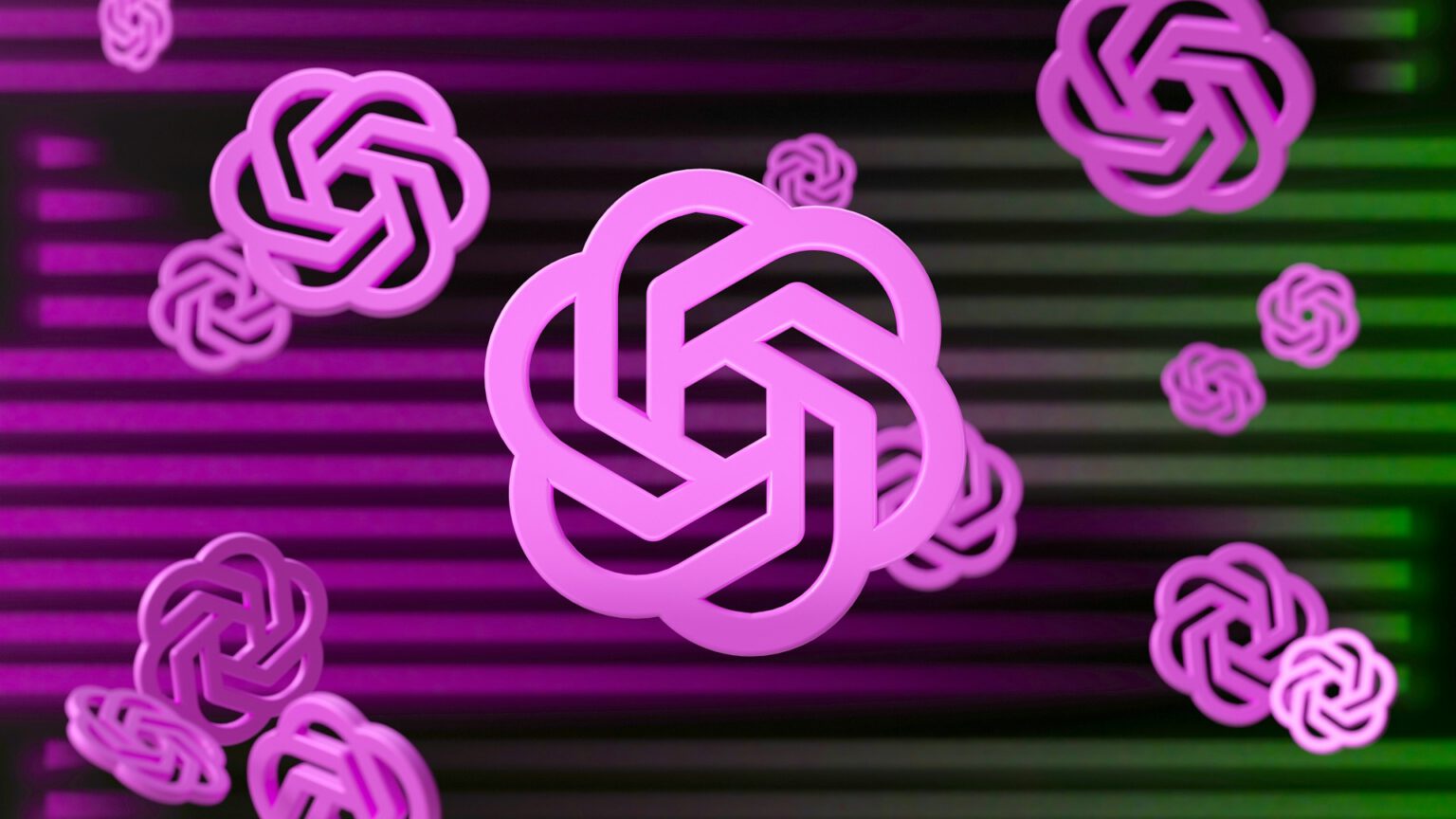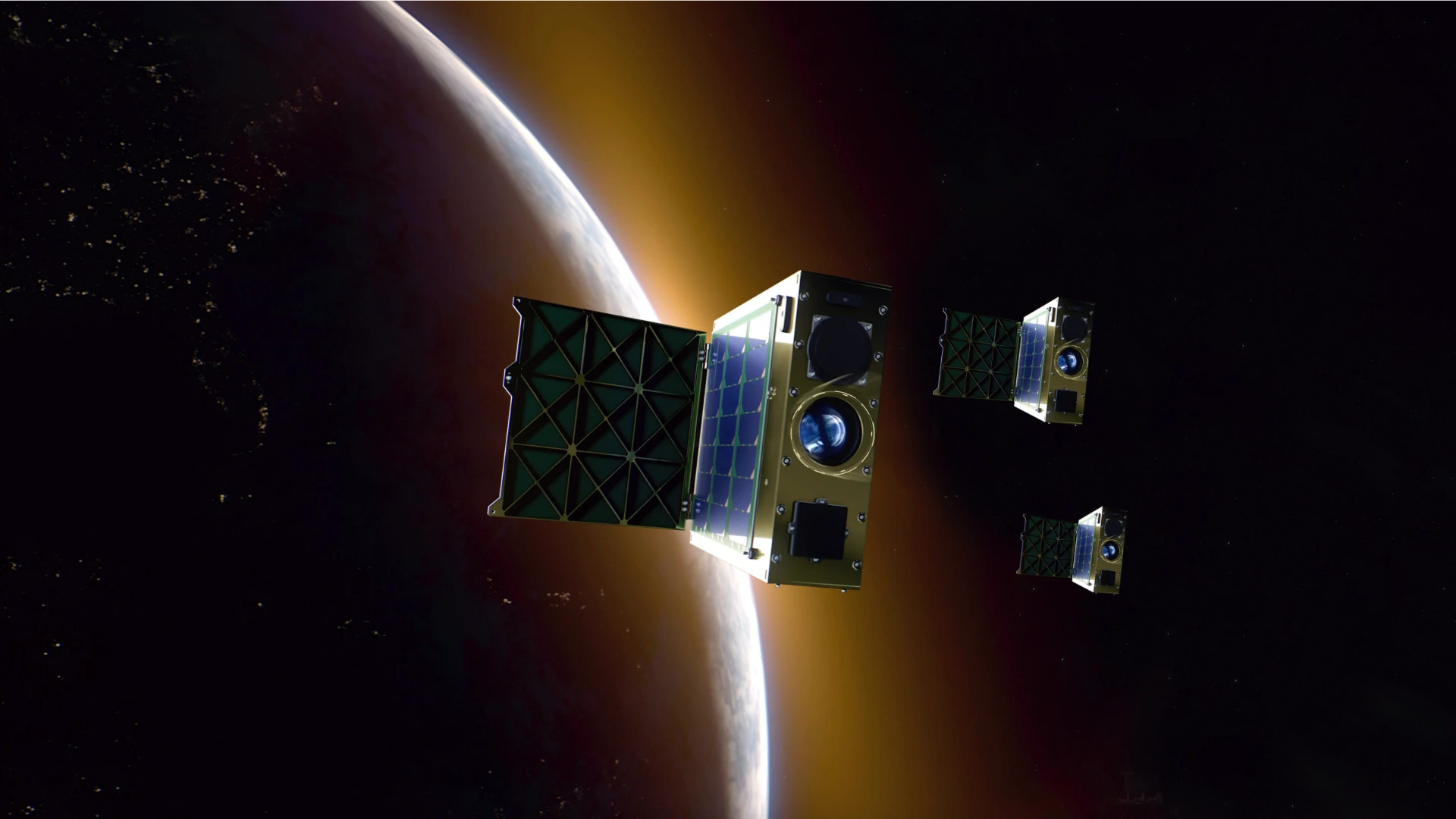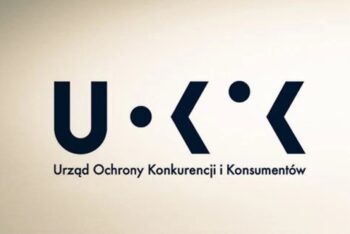Tuesday’s decision by a court in Munich is a significant signal for developers of generative artificial intelligence and a potential milestone in the dispute over the ‘fair use’ of training data. In a closely watched copyright case, the court sided with GEMA, the German collecting society, against OpenAI. Judge Elke Schwager ruled that the US company could not use song lyrics without a licence and ordered it to pay damages for past infringements.
GEMA, representing nearly 100,000 creators (including musician Herbert Groenemeyer), argued that ChatGPT was reproducing protected texts without authorisation. Crucially, the organisation claimed that their work had been used to unauthorisedly train the model. OpenAI retorted during the trial that these arguments demonstrate a fundamental misunderstanding of ChatGPT’s operating principles and architecture.
Although the verdict can be appealed, the case is seen as a key precedent for AI regulation in Europe beyond just music. GEMA is openly pursuing a licensing framework that would strike at the current operating model of many AI companies. These would assume that technology companies would have to pay for the use of protected content both at the algorithm training stage and in the output generated by AI. Both parties said they would issue broader statements later on Tuesday.












